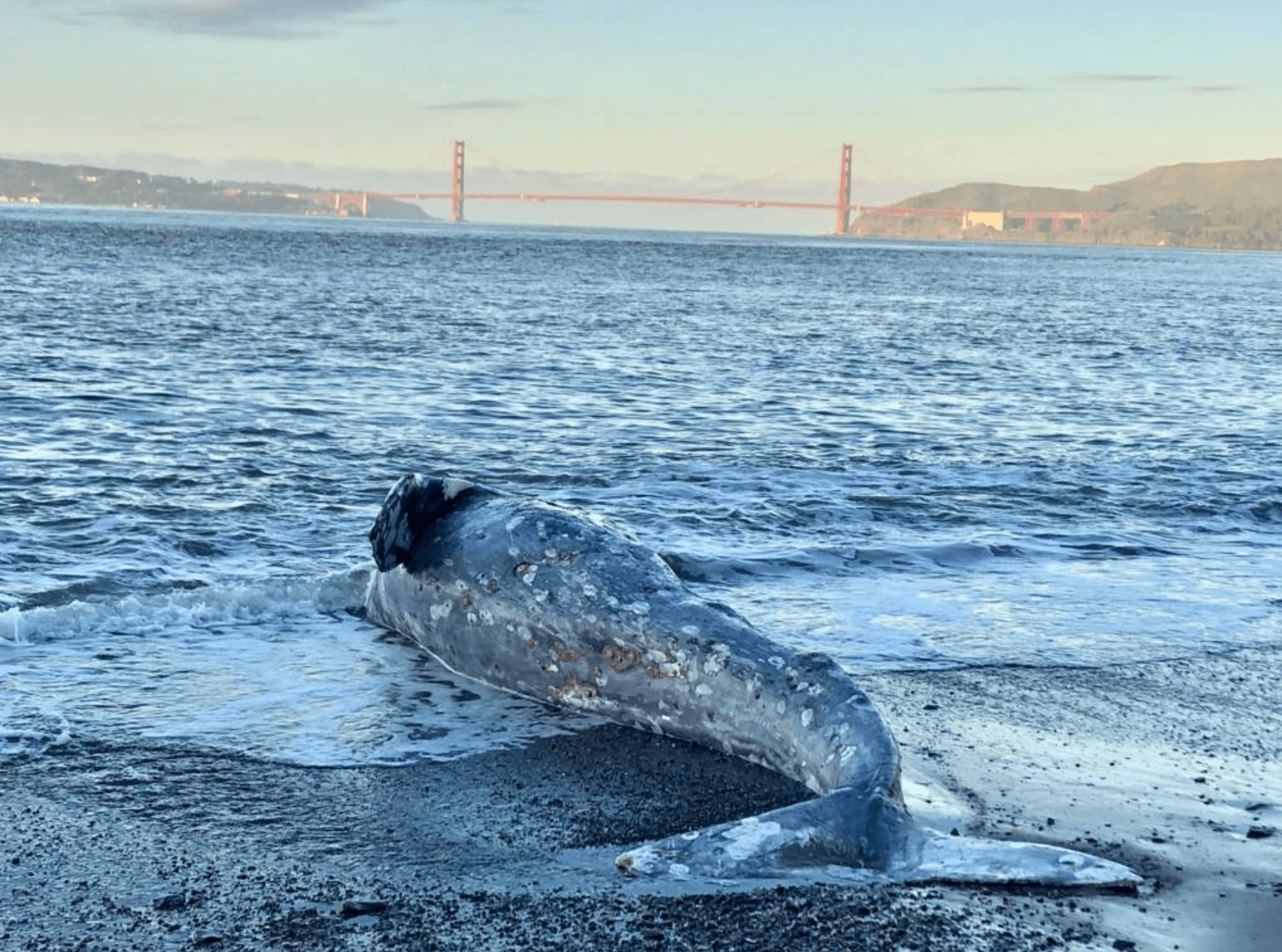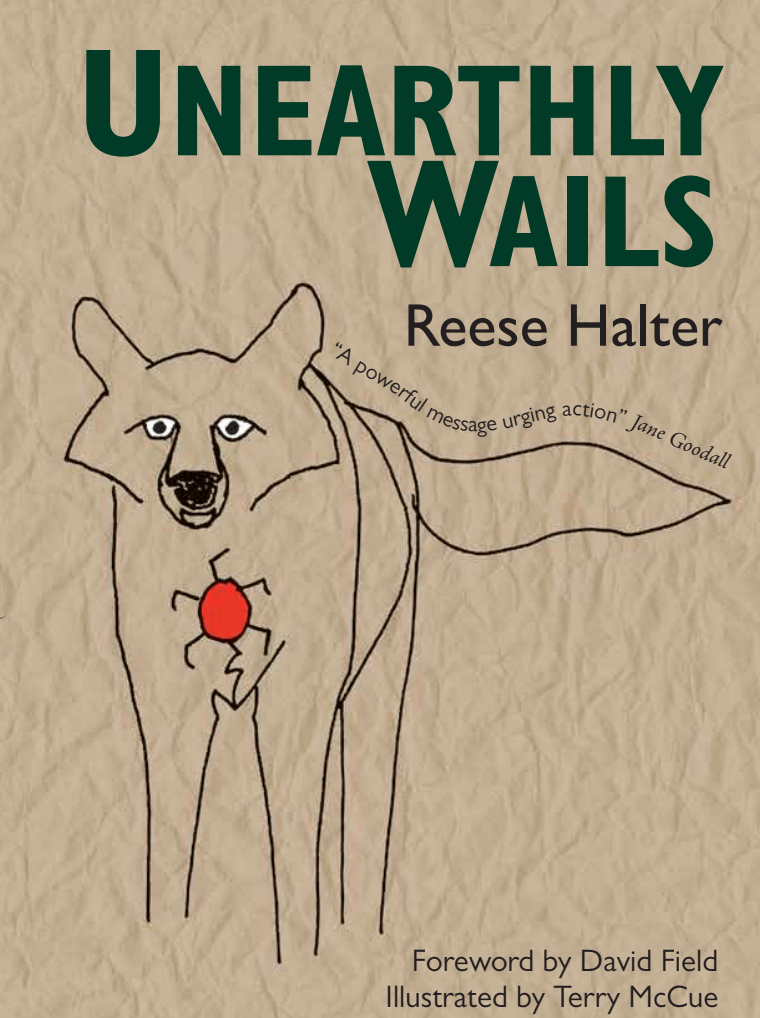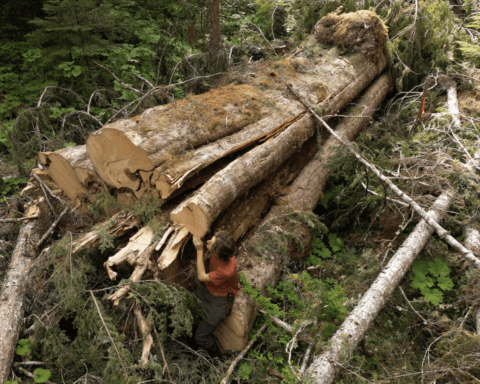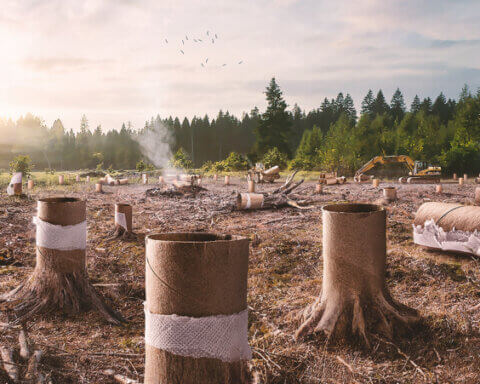SAN FRANCISCO, July 18 – Since 2019, the Eastern Pacific Gray Whale population along the west coast of North America has plummeted. At least 6260 emaciated masterpieces, or almost one-third of the Grays, have washed ashore or sunk into Davey Jones’s locker.
Allow me to remind you that these 40-ton Majesties travel between their icy summer Arctic feeding grounds and warmer salty breeding lagoons in Baja California, Mexico, 12,000mi (~19,300km) roundtrip.
My colleagues refer to the Eastern Pacific Grays as ecosystem engineers. During the summer, these whales scoop up sediments and filter wee invertebrates (like amphipods) and create plumes of mud that enrich the seafloor, promote algae and other microscopic plants, as well as bringing food to the surface for the birds. Grays poop and urinate at or near the surface. It’s loaded with nitrogen and other nutrients that nourishes phytoplankton (algae), which makes habitat for zooplankton (floating/swimming animals) to flourish. It’s an indispensable energy transfer from the seabed to the sea surface that maintains complex Arctic systems.
Grays are also an important food source for Orcas, particularly in their Arctic feeding grounds. The presence and abundance of Grays determines the distribution and behaviour of Orcas.
Over the course of its 70-year lifetime, a glorious Gray captures and stores, within its body, an astounding 33 tons of carbon dioxide. When it dies, its carcass falls to the floor and feeds a million creatures for about 100 years. In turn, those tiny carbon processors lock that ‘whale fall’ – bit by bit – into the seabed, safekept for many hundreds or a thousand years.
Grays are considered Shepherds of the Sea because their health and population fluctuations accurately reflect changes in the polar marine environment.
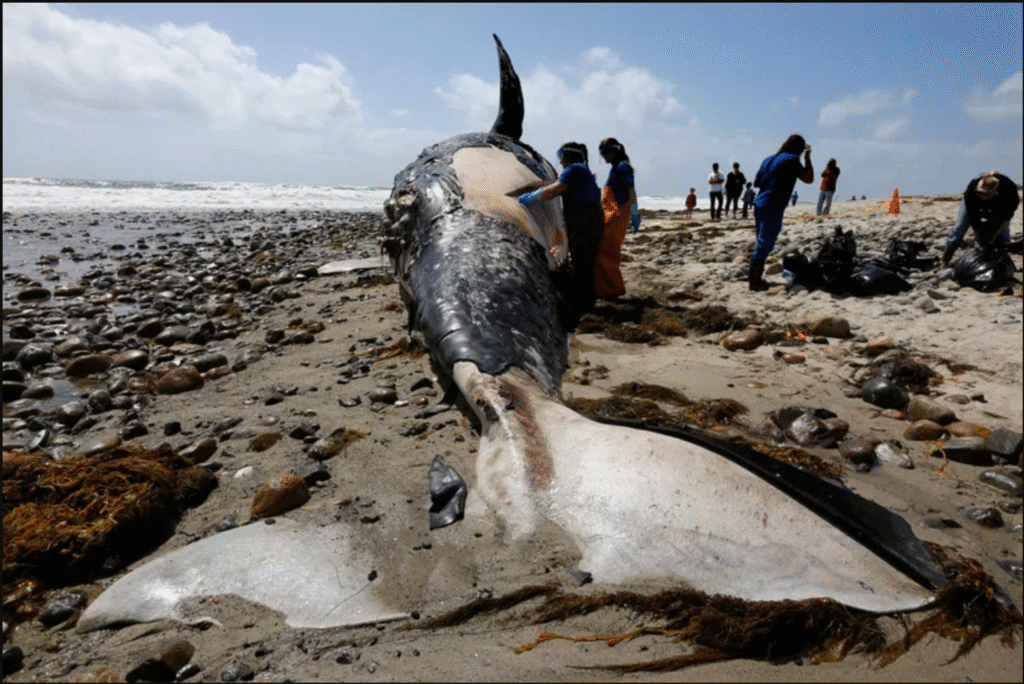
The mass death of Eastern Pacific Grays is linked to the rapid rising temperatures and lack of sea ice in the Arctic. Accelerating combustion of fossil fuels, wood pellets and palm oil are boosting global heating and marine floor heatwaves, and that HEAT has killed much of the Gray’s bottom dwelling food source. Abysmally, the Arctic marine ecosystem is collapsing at warp speed.
Record amounts of missing 2025 winter sea ice have unleashed climate breakdown elsewhere. It’s stoking firestorms across Northern Canada, drought and floods in the southern United States, and crop failure throughout Western Europe.
Get to know your neighbours. Make an emergency plan. Keep updated on extreme weather in your location. Bug out when told to do so. Horribly, it’s gonna get a helluva lot worse. Be prepared.
Reese Halter is a bees/trees/seas defender.
Unearthly Wails is a special edition, a collection of poetry
illustrated by renowned Ojibwa artist Terry McCue.
Email: HalterBooks@gmail.com to order

